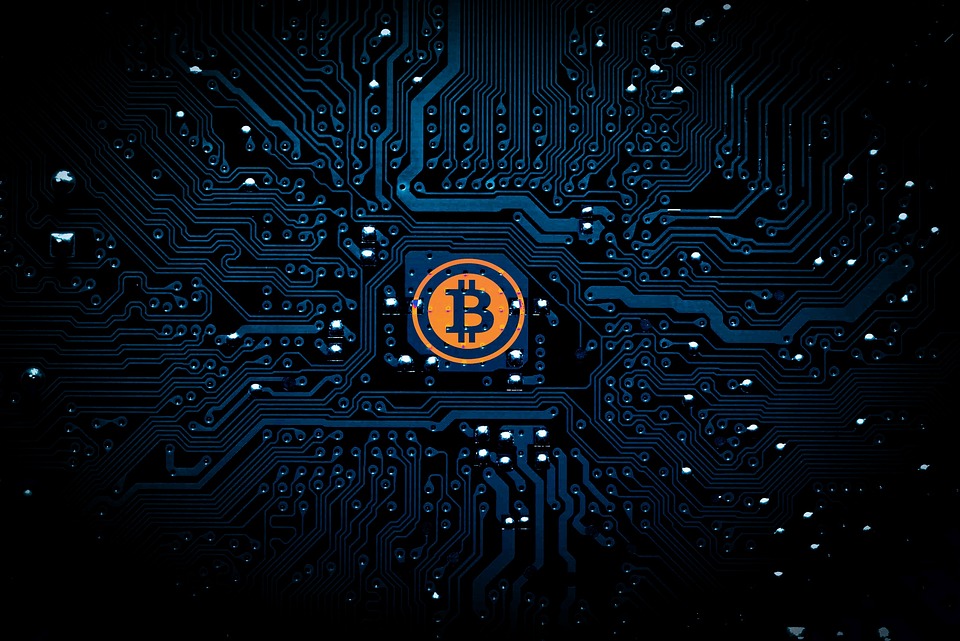Businesses are increasingly using Initial Coin Offerings to raise capital – and the U.S. Securities and Exchange Commission has taken an interest. The commission recently issued a report concluding the coins offered in a high-profile ICO last year were in fact securities. The report serves as a warning to those using distributed ledger or blockchain technology to facilitate the raising of capital about the need to comply with securities laws. Typically, if a coin is merely a prepayment for services or products, the coin would not be deemed a security. However, if the coin represents a right to revenue or profits from a project or company, or a right to acquire a security or money on a specified event, it is likely a security. If the coin is a security, then either the coin needs to be registered with the SEC or an exemption from registration must be found, as is the case with any other security. Exemptions include Regulation Crowdfunding and Regulation A+. If the coin is meant to create a virtual currency, then anti-money laundering laws and money transfer laws likely apply.
The DAO
The SEC’s report examined the ICO offered by The DAO, a virtual organization proposed by a company called Slock.it. Over the course of about one month in 2016, The DAO offered and sold 1.15 billion tokens in exchange for approximately 12 million Ether, a virtual currency that, similar to Bitcoin, runs on blockchain technology. One thing that makes Ethereum different is that it offers the ability to facilitate “smart contracts” – automatically executed code that can take the form of a financial transaction. The total Ether raised by The DAO was valued around $150 million.
SEC Report
The SEC’s Division of Enforcement published a report in July finding The DAO tokens are securities and therefore subject to federal securities laws. The analysis the division used wasn’t new – it was based on a test to determine whether an investment contract exists under federal law that was outlined in the U.S. Supreme Court’s 1946 ruling in SEC v. W.J. Howey Co.
After concluding that payment in virtual currencies like Ether constitute investments for money, the division found investors in The DAO reasonably expected to earn a profit and those profits were reliant on the efforts of others (i.e., Slock.it and its co-founders). It also noted the token holders’ voting rights were limited and the promoters controlled things such as site content and voting procedures.
Despite its findings, the SEC declined to pursue an enforcement action against The DAO “in light of the facts and circumstances.”
Conclusion
ICOs are catching on- there was more than $1.2 billion raised by over 50 projects in the first half of 2017 alone, according to one report, and were on track to outpace venture capital funding of virtual currency and blockchain-related startups. Whether an investment transaction involves the offer or sale of a security will depend on the facts and circumstances, but the possibility that the sale of virtual coins or tokens will be classified as securities has significant implications.
However, this case is really no surprise to any securities lawyer. Typically, if a coin is merely a prepayment for services or products, the coin would not be deemed a security. However, if the coin represents a right to revenue or profits from a project or company, or a right to acquire a security or money on a specified event, it is likely a security. If the coin is a security, then either the coin needs to be registered with the SEC or an exemption from registration must be found, as is the case with any other security. Exemptions include Regulation Crowdfunding and Regulation A+. If the coin is meant to create a virtual currency, then anti-money laundering laws and money transfer laws likely apply.
Those who promote an unregistered public offering of securities can face criminal or civil penalties and could run into problems raising additional capital or establishing relationships with investment banks and other regulated financial institutions. The SEC’s report signals the commission will closely scrutinize the ICO market and participants should be aware of applicable securities laws.





